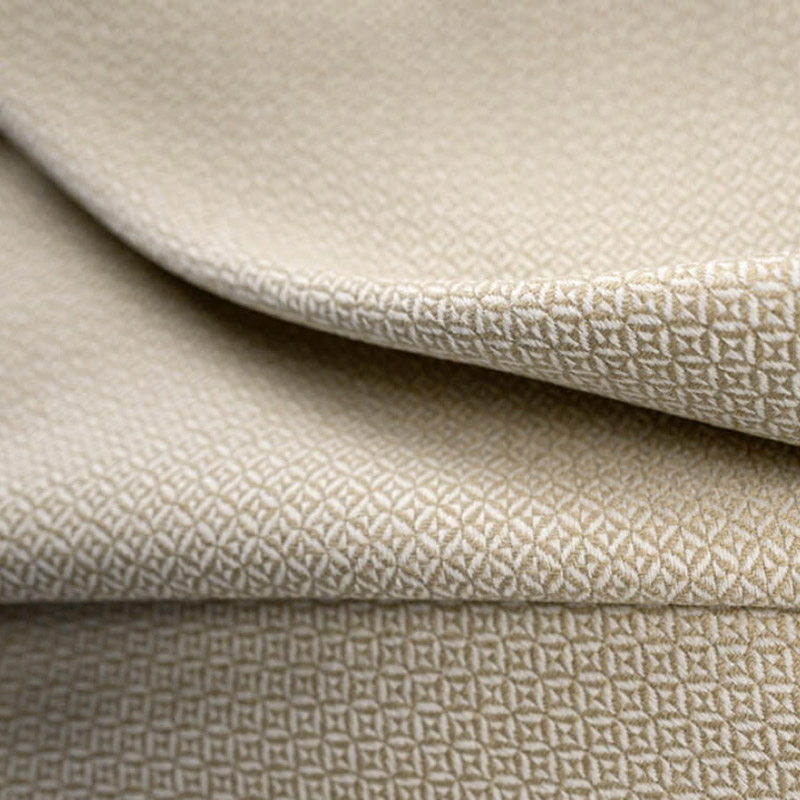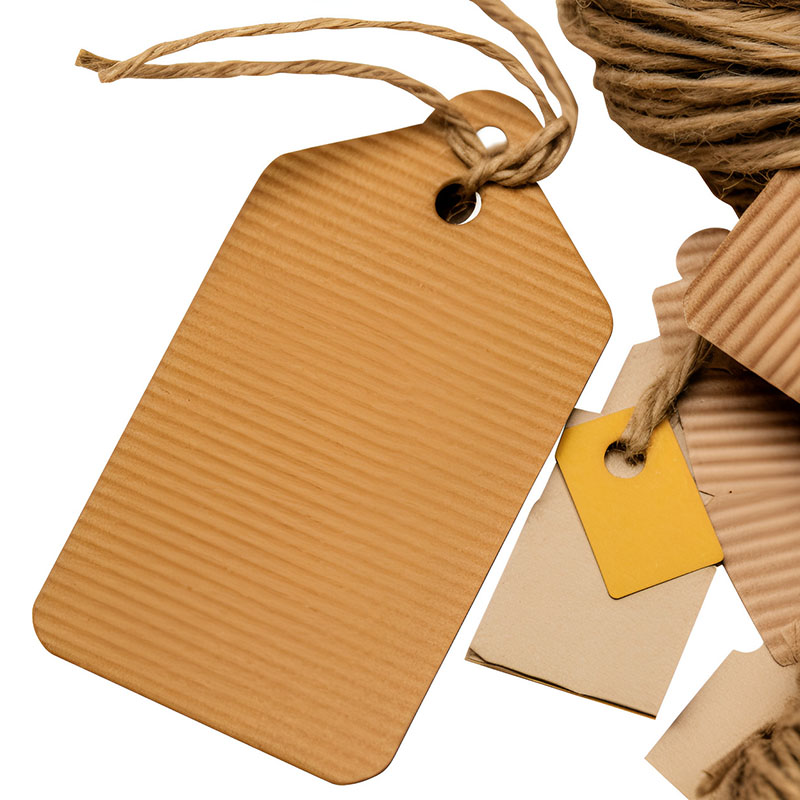Why Polypropylene Webbing is the Ultimate Choice for Durability and Versatility
2025-01-21
When it comes to selecting materials for various applications, especially in industries like outdoor gear, automotive, fashion, and construction, polypropylene webbing stands out as a versatile and highly durable choice. Whether you're using it for securing items, creating straps for backpacks, or even as a component in industrial applications, polypropylene webbing offers exceptional strength, lightweight properties, and resistance to wear. In this blog post, we’ll explore what polypropylene webbing is, its key benefits, and why it’s an essential material for so many industries.

What is Polypropylene Webbing?
Polypropylene webbing is a type of flat, woven fabric made from polypropylene fibers. Polypropylene itself is a synthetic thermoplastic polymer that is known for its strength, resistance to moisture, and low weight. When woven into webbing, polypropylene creates a flexible yet durable strap that is commonly used in a wide range of applications.
Polypropylene webbing comes in various widths, colors, and strengths to suit specific needs. The weaving process typically results in a fabric that is flat, strong, and resistant to abrasion, making it perfect for situations where durability and flexibility are required.
Key Benefits of Polypropylene Webbing
1. Lightweight but Strong:
One of the most significant advantages of polypropylene webbing is its excellent strength-to-weight ratio. It’s remarkably lightweight compared to other materials, yet still strong enough to withstand heavy loads. This makes it an ideal choice for applications like luggage straps, backpacks, and outdoor gear, where weight is a concern but strength is essential.
2. Durability and Longevity:
Polypropylene webbing is designed to withstand wear and tear. It has high tensile strength, meaning it can resist stretching and breaking even under heavy loads. Additionally, polypropylene webbing is resistant to abrasion, so it will hold up well to repeated friction, making it suitable for rugged outdoor use or industrial applications.
3. Resistance to Moisture and Chemicals:
Unlike other materials that can weaken or degrade in wet conditions, polypropylene webbing is highly resistant to water, moisture, and many chemicals. This makes it perfect for outdoor use in wet or humid environments, as it won’t absorb water and become heavy, which could affect its strength or functionality. This water-resistant property is why polypropylene webbing is often used in marine applications, such as boating and fishing gear.
4. UV Resistance:
Polypropylene webbing is also resistant to UV rays, which helps prevent degradation from sun exposure. UV resistance is a key feature, especially in outdoor gear like straps, tents, and backpacks that are regularly exposed to the elements. With this protection, polypropylene webbing maintains its color and strength for a longer period of time, even under intense sunlight.
5. Cost-Effective:
Polypropylene webbing offers an excellent combination of durability and cost-effectiveness. Compared to other types of webbing, such as nylon or polyester, polypropylene is relatively inexpensive, making it a great choice for manufacturers looking for high-performance material at a lower cost.
6. Easy to Clean and Maintain:
Polypropylene webbing is easy to maintain and clean, which is especially important in environments where the material is exposed to dirt, debris, or harsh conditions. It can be cleaned with soap and water and dries quickly, making it perfect for products that require frequent washing, like straps for bags or harnesses.
Common Applications of Polypropylene Webbing
Polypropylene webbing’s versatility allows it to be used in a wide range of applications. Here are some of the most common ways this material is used across various industries:
1. Outdoor and Sporting Equipment:
Polypropylene webbing is commonly used in the production of outdoor gear such as backpacks, tents, hammocks, and camping chairs. Its strength, lightweight nature, and resistance to weather conditions make it an ideal material for the demands of outdoor equipment. Whether it’s securing a tent, forming a strap for a backpack, or creating a sturdy webbing handle for luggage, polypropylene webbing ensures reliability in harsh environments.
2. Automotive and Industrial Uses:
In the automotive industry, polypropylene webbing is used in applications such as seat belts, cargo straps, and safety harnesses. Its high tensile strength, lightweight nature, and resistance to abrasion make it perfect for use in safety-critical applications. Additionally, polypropylene webbing is used for tie-down straps in the transport industry to secure cargo and prevent shifting during transit.
3. Fashion and Apparel:
Polypropylene webbing has found its way into fashion and apparel design, particularly for belts, bags, and clothing accents. Its availability in various colors and patterns makes it a popular choice for stylish yet durable accessories. Plus, it is resistant to fading, which ensures that the colors of fashion items stay vibrant for longer.
4. Marine and Boating Equipment:
Due to its resistance to moisture, saltwater, and UV rays, polypropylene webbing is an excellent material for marine and boating equipment. It is used for everything from boat seat webbing to ropes, mooring lines, and tie-down straps. The webbing’s durability ensures that it can withstand exposure to water and sun without degrading.
5. Home and Garden:
Polypropylene webbing is also used in home and garden applications such as furniture straps, pet leashes, and garden supports. Its strength and ability to resist outdoor conditions make it useful for a variety of household products. For example, polypropylene webbing can be used in patio furniture to create supportive straps that resist fading and moisture damage.
6. Military and Tactical Gear:
In military and tactical applications, polypropylene webbing is used for items like belts, straps, and harnesses. It provides the strength and durability needed for tactical gear while being lightweight and flexible, which is essential for soldiers and personnel in the field.
How to Choose the Right Polypropylene Webbing
When selecting polypropylene webbing for a particular application, it’s important to consider the following factors:
1. Strength Requirements:
Depending on the application, you’ll need webbing with a certain tensile strength. For lighter uses such as fashion or home products, standard polypropylene webbing might suffice, but for heavy-duty applications like cargo securing or harnesses, you’ll want a stronger, thicker weave.
2. Width and Thickness:
Polypropylene webbing comes in a variety of widths and thicknesses, allowing you to choose the right size for your specific needs. Wider webbing is better suited for applications like seat belts, while narrower strips may be more appropriate for smaller gear and fashion accessories.
3. Color and Design:
Polypropylene webbing is available in a wide range of colors, making it easy to match or complement existing products or design elements. From basic neutrals to vibrant hues, polypropylene webbing can be customized to suit aesthetic preferences while maintaining its functional benefits.
4. Special Features:
Some polypropylene webbing is treated for additional features such as antimicrobial properties, or it may be coated for enhanced UV or weather resistance. Be sure to choose webbing with any special treatments or coatings if your application requires additional protection.
Conclusion
Polypropylene webbing is a highly versatile and durable material that can be used across a wide range of industries and applications. Its lightweight, strong, and moisture-resistant properties make it a preferred choice for outdoor gear, automotive applications, fashion accessories, and more. Whether you're creating straps for backpacks, securing cargo, or designing comfortable furniture, polypropylene webbing offers both reliability and functionality at a cost-effective price. By understanding its key benefits and choosing the right type of webbing for your needs, you can ensure that your products stand the test of time and perform exceptionally well.
Quanzhou Hongcheng Textile Co., Ltd. located in Quanzhou, the starting point of China's Maritime Silk Road, is a comprehensive production enterprise specializing in the design, production, research and development and sales of polypropylene yarn, polyester yarn, various webbings, and rubber elastic ropes.
Visit our website at https://www.qzhc-textile.com/ to learn more about our products. For inquiries, you can reach us at sales@qzhc-textile.com.
























































